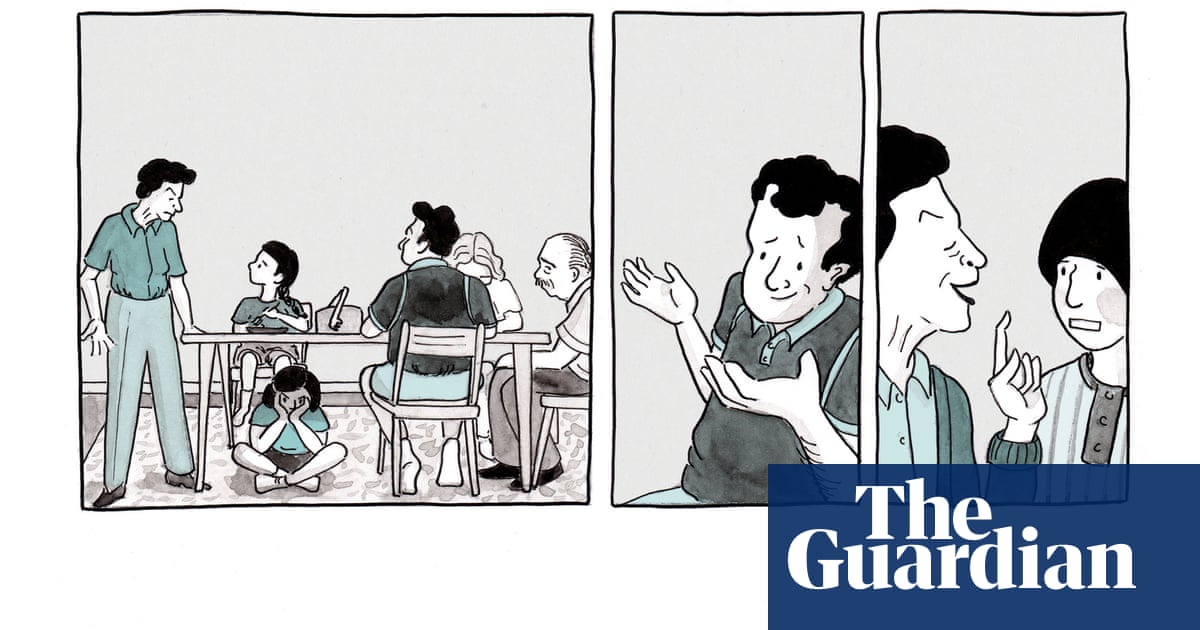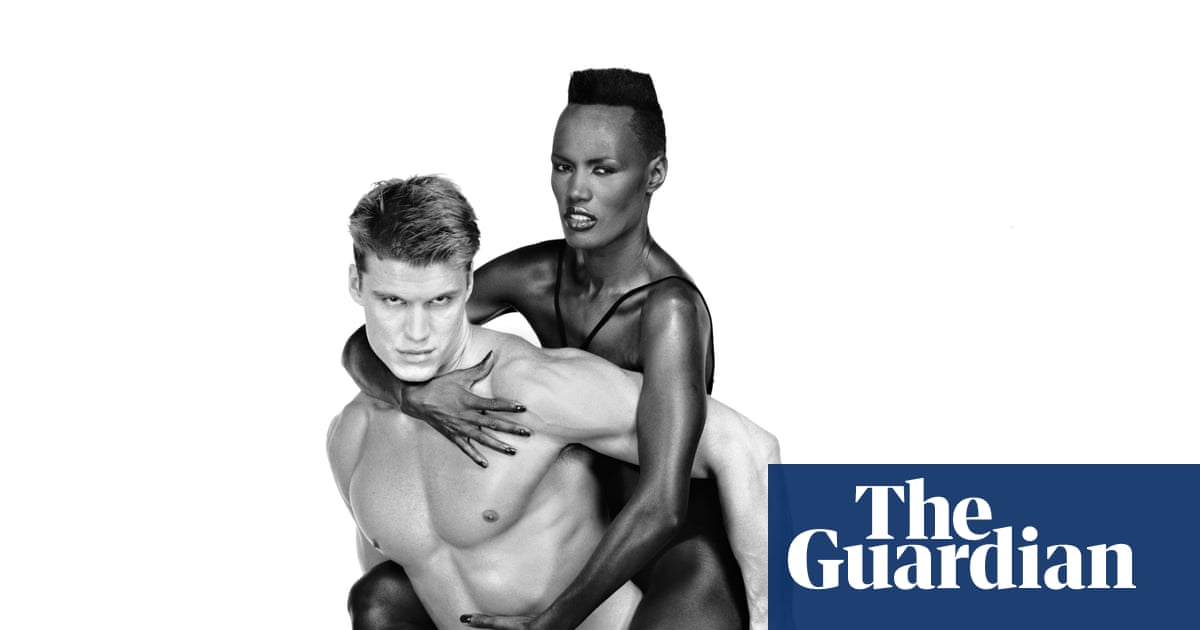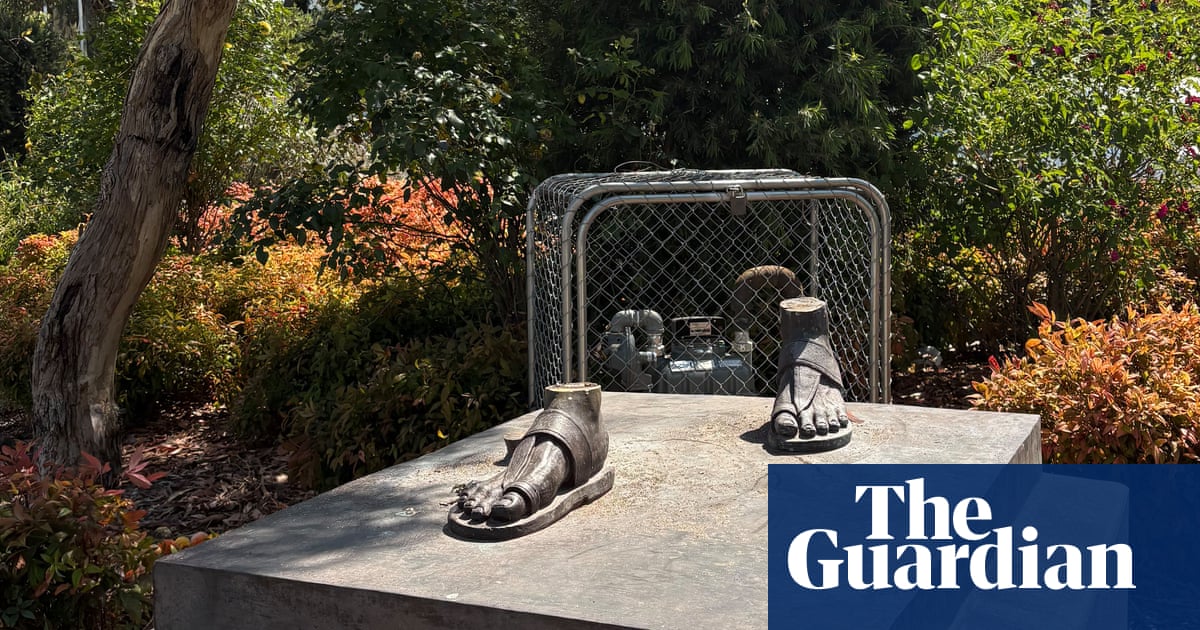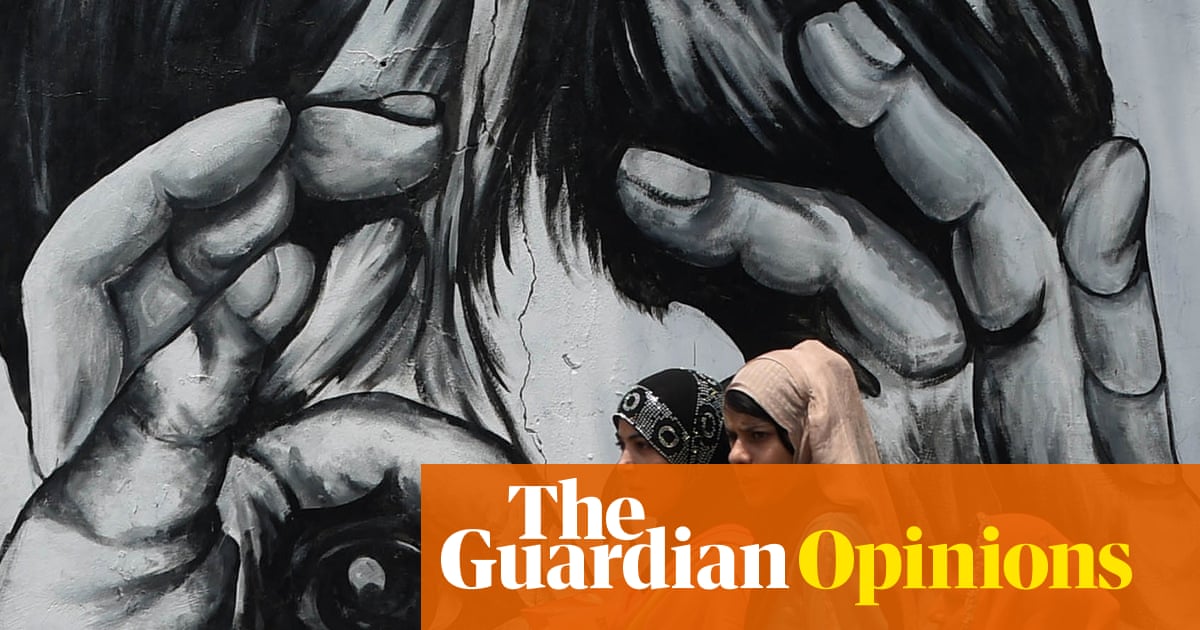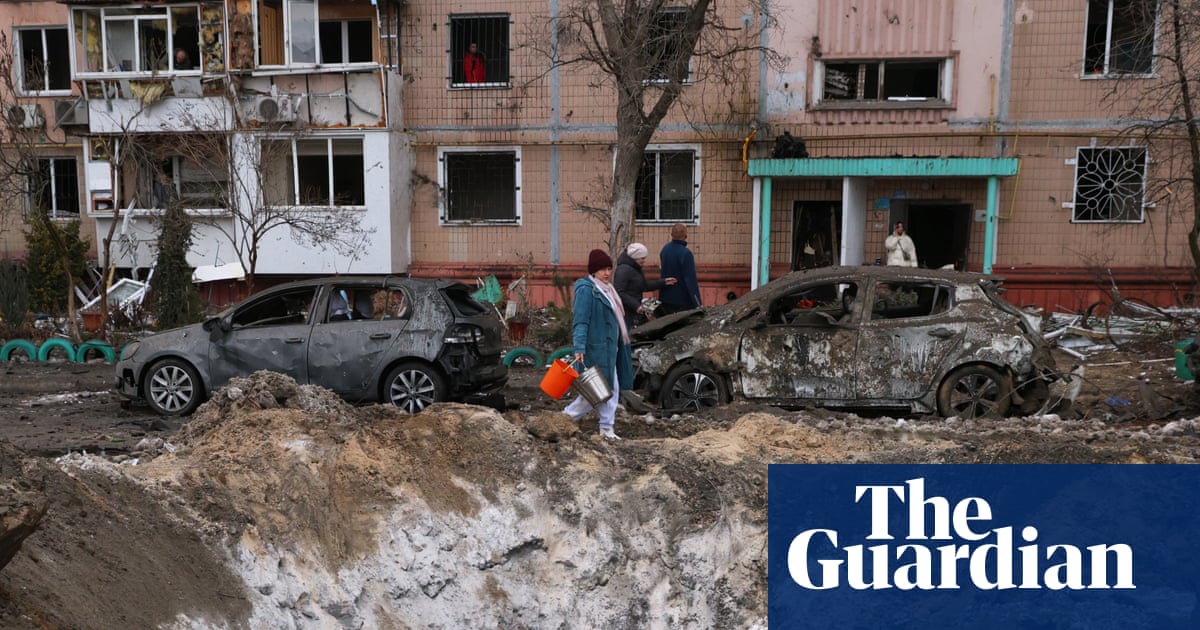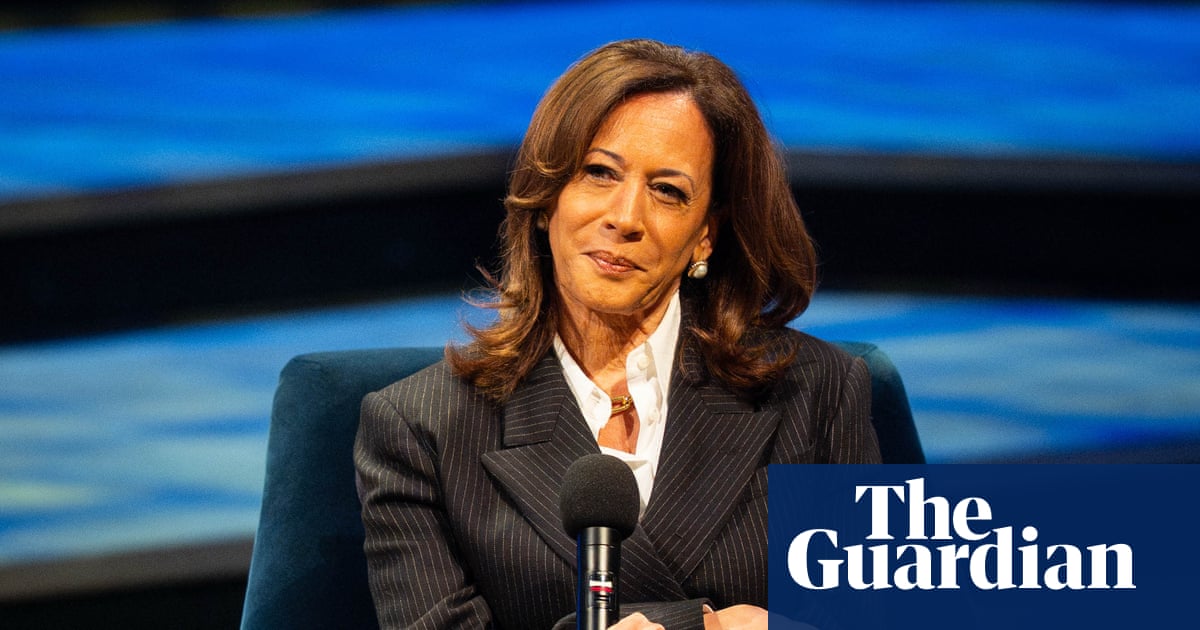Jamie Lloyd’s rap-battling version of Edmond Rostand’s romance showed us just what a modern-day adaptation could be with its sleekly devastating originality. Simon Evans and Debris Stevenson do not try to emulate the radical genius of that show in their adaptation. The genius here is in honouring the old rather than radical reinvention.
Their modern-language script distils the spirit of Rostand’s drama, set in the French golden age, albeit in the midst of war. The heart and poetry is all here, and the sincerity too, which sometimes spills into schmaltz (for example, a silently smiling child Cyrano roams through the production to tug at our heart-strings). But it is all underpinned with emotional authenticity and neat, quipping wit.
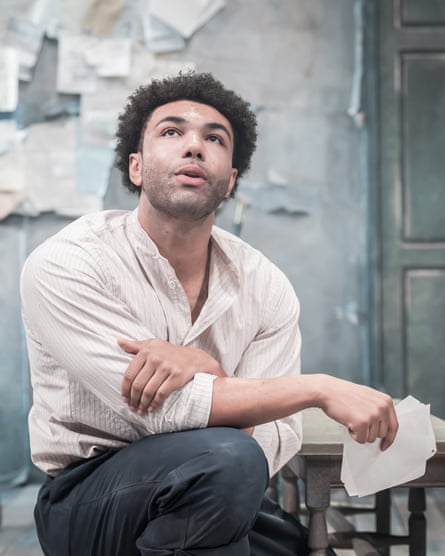
Its biggest highlight is Adrian Lester’s Cyrano, who gives this production its sublimely wounded soul. He plays the Gallic nobleman, soldier and poet with a perfect balance of braggadocio, gruffness and closely-guarded vulnerability; you believe all his torments, forgive every deceit. Lester wears a large prosthetic proboscis as he channels his tortured love for Roxane (Susannah Fielding) through handsome young soldier Christian (Levi Brown) and it gives him an old-school, slightly comic aspect.
There is plenty of musketeer-style sword-play and entertaining humour, all the bolder and fresher in modern language, while Grace Smart’s set mixes 17th-century elements with a timeless expressionism. The script, aside from adding an unnecessary framing device featuring the baker, Ragueneau (Christian Patterson), tempers the grandiose Alexandrine verse of the original without removing its soaring flights of lyricism (Stevenson is a poet as well as playwright).
It gives subtle new spins on each of these iconic characters, too. Cyrano is still a libertine, outsider and idealist but he is squarely an antihero now rather than the paragon of heroic masculinity. His fear of admitting his love to Roxane is generated by self-loathing, all the more pronounced here, and he bears a kind of moral grubbiness as he passes his words off as Christian’s in the love letters he obsessively writes.
There is an evident class difference between him and Christian, who is yokel-like, with a Black Country accent and a love of the soil. He might be awkward with words but there is an integrity and honest intelligence about him that makes Cyrano’s violations clear: the latter is using words to woo Roxane for Christian but also taking ownership of the romance (“I have my own feelings sir,” Christian protests). Roxane, for her part, is a widow, desperate for a second chance at romance, and much more clearly in love with the poetry of love than the thing itself. “I love you,” Christian pleads, but it is not enough for her. She wants high-flown verse, rhyme, simile. Although every character’s flaws lie exposed here, they are still imbued with a humanity that makes them all likable.
The staging is nifty, too. Under the direction of Evans, the over-theatricality of the play-within-the-play in the opening scene, at the Paris theatre where Cyrano makes an enemy of Comte de Guiche (Scott Handy), bleeds into the rest of the production. So Cyrano later stamps his foot to mark a sudden change in lighting and his band of musicians bring knowing winks.
The playfulness sits in stark contrast to a France that is battle-worn by 20 years of war. The gunfire and thunderous bombs make the romance all the more life-affirming – an assertion of love over hate.
Yet Rostand’s interrogation of love remains alongside. Is love located in the physicality of Christian himself or through its abstract expression in Cyrano’s letters? Possibly both, for Roxane. Language is not to be trusted even while being the truest reflection of passion. It is all Cyrano has until the very end, when it is words that fail this tragic wordsmith.

.png) 3 months ago
79
3 months ago
79
